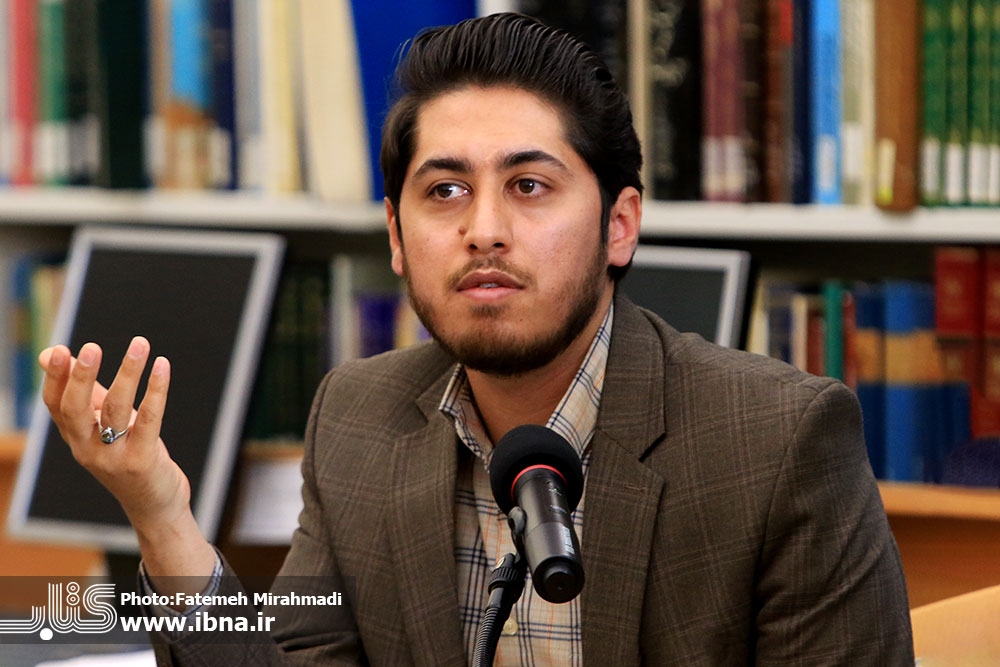Social Ontology: Sketch for a New Theory

Philosophy of social science plays a pivotal role in the constitution of any possible science of society. The central problems arise around three fundamental questions:i
i1. Are the social facts irreducible to individual people and the relations held amongst them? In either case, what mode of existence do social entities possess? (The ontological question).i
i2. How could we gain a reliable knowledge of social phenomena including social actions, social structures and institutions, the normat space and the like (The epistemological question)
i3. In what ways do the values and norms impact the social knowledge and social constitution of society? (The axiological/normative question).i
Different theorists, usually under the influence of their thought traditions, have developed different philosophies of social science. The Islamic tradition of thought is also a valuable source of inspiration for the articulation of novel and working theories. Seyyedifard’s book Social Ontology: Sketch for a New Theory is a work of high stature in the field. The book has four chapters:i
The first chapter includes preparatory and preliminary stuff for the rest of the book. The author introduces IBE (inference to the best explanation) as his method of philosophical theorizing about social ontology. Consequently, he must first pose the main explanatory theories concerning the social facts. There are two competing campaigns about explaining social facts: ontological holism and ontological individualism. The former holds that social facts are emerging out of individuals' net of interactions irreducible to them, while the latter takes the opposite direction.i
In the second chapter, Seyyedifard introduces philosophical explanations advanced by Muslim thinkers. The list includes Khaje Nasir Tusi, Allamah Tabatabaei, Murtada Mutahhari, Muhammad Baqir al-Sadr, Muhammad Taqi Misbah al-Yazdi, Hamid Parsania and others. Some of these theories fit better into individualism and others into holism. Nevertheless, some theories lend themselves to different interpretations; hence, hermeneutical controversies are inevitable.i
The third chapter contains a lengthy discussion of Western social thinkers and philosophers. To mention a few, enlightenment thinkers, classical sociological theorists, some modern social thinkers and analytic philosophers are included.i
In the last chapter, the author formulates his theory. It is a version of ontological individualism. Seyyedifard draws heavily on several theses advocated by some Muslim scholars. Mirza Naeini and Muhammad Baqir al-Sadr are especially noticeable. The author considers the social facts subject-dependent, in the sense that they are ontologically dependent on human beings' minds. Then he goes on to show how his theory is enough powerful to explain the pieces of evidence to which most holist philosophers have appealed. These are:i
i• The coercive character of social facts
i• The independence of social facts from individuals
i• The fact that social entities resist change
Social facts are coercive in a way that individuals' behaviours are restricted to them. Some social facts like languages continue to exist even after a whole generation has passed away. And usually, we can't easily change the culture and other social facts, they resist change. The author tries to explain these alleged pieces of evidence by introducing some theories about the human mind and language. Here, the law of strong association (al-qarn al-akid) is central. Furthermore, important distinctions like semantic/speaker's meaning and semantic/psychological force are made by the author to formulate his theory.i



.jpg)








